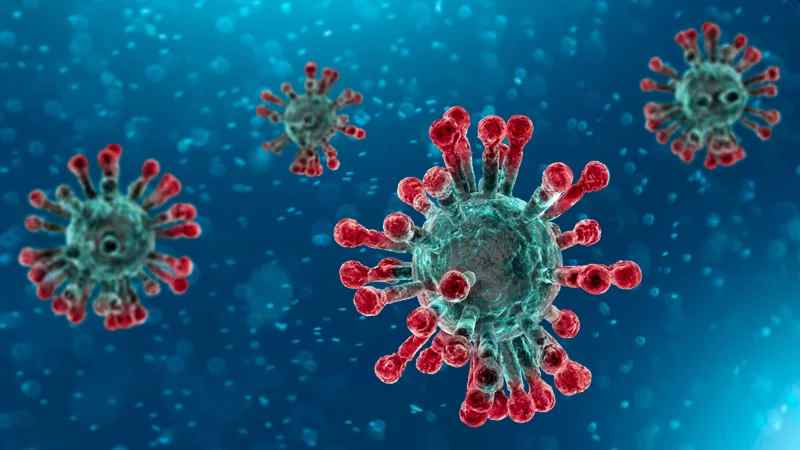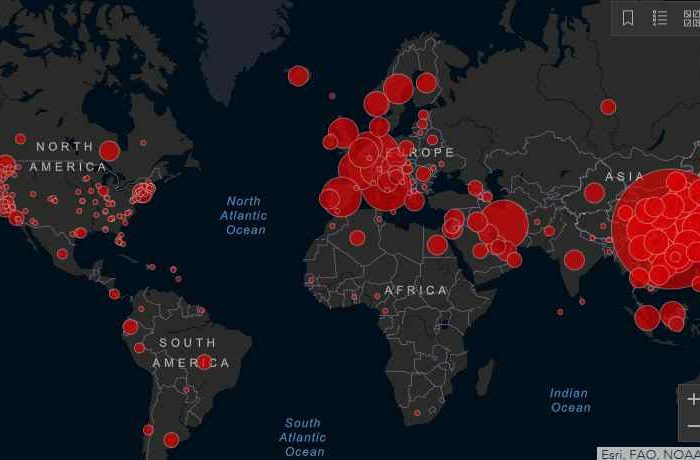Beware: Coronavirus misinformation is growing on social media and becoming increasingly dangerous

As coronovirus continues to claim lives around the world, so is the misinformation about the virus spreading online. Last month, the World Health Organization (WHO) called the new coronavirus “a massive ‘infodemic,’” referring to ”an overabundance of information—some accurate and some not—that makes it hard for people to find trustworthy sources and reliable guidance when they need it.”
The misinformation about the virus is now strange and bizarre that it now bleeds into offline spaces as well, leading to some widespread misconceptions and confusion about the coronavirus. The misinformation is so bad it’s causing Google to scrubs Coronavirus misleading information on its search engine and video platform YouTube.
So far, coronavirus has killed over 4,000 people with over 113,000 reported cases. Online platforms have been inundated with rumors and misinformed concerns about the pathogen as it spread west from Asia, particularly in floods of messages on Twitter, according to Carl Bergstrom, a professor at the University of Washington. Google is swept up in this because it has a deal with Twitter to show tweets in search results, especially for queries about live and recent events. “It’s really just a churning mess right now,” Bergstrom said.
Experts say a lack of high-quality information has allowed false claims to fill in the gaps, raising concerns that people are actually following dangerous advice as a result. Since the virus began to spread back in December 2019, Google has aggressively intervened in some of its most popular online services to limit the spread of misinformation. This is a departure for a company that has relied heavily on software and automation to index and rank information throughout its 22-year existence, according to a report by Bloomberg.
You may have seen some of the information yourself, whether it’s on your Facebook feed, an email forwarded from an uncle you haven’t spoken to in years, or even published by some news outlets. From the evidence-free recommendation of vitamin C as a cure, to claims people are putting condoms on their fingers as protection, the inaccurate claims keep circulating.
The best way to avoid misinformation is to not rely on news from hearsay from social media sites like Facebook and Twitter, but instead go to authoritative sites like CDC.gov and WHO.




